On December 19, 1861, the Wheeling Convention voted to approve the formation of a new state, separate from Virginia, known as West Virginia. This decision was partly motivated by the state's differences from Virginia regarding politics, economics, and regional identity, as well as the state's loyalty to the Union during the Civil War. The delegates at the Wheeling Convention were primarily from the western counties of Virginia, which were more mountainous and less reliant on slavery than the eastern counties. The western counties had long been at odds with the eastern counties over issues such as taxation, representation, and infrastructure development. The delegates believed that the state government in Richmond was not adequately addressing their concerns and that they would be better served by a separate state government. The delegates also believed that the state's loyalty to the Union during the Civil War was not being adequately represented by the government in Richmond, which had seceded from the Union and joined the Confederacy. By forming a new state, the delegates hoped to ensure that their loyalty to the Union would be recognized and that they would have greater control over their own affairs.
To learn more: (http://tinyurl.com/ehbzukz6) (http://tinyurl.com/2d36urt4)
Photo Credits: West Virginia State Archives
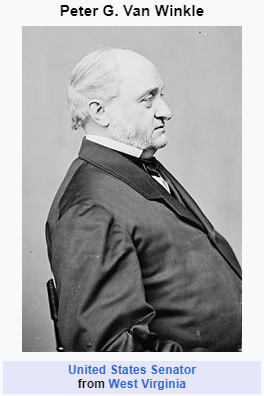
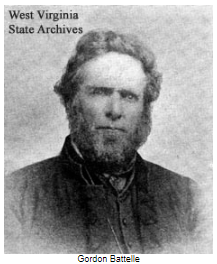
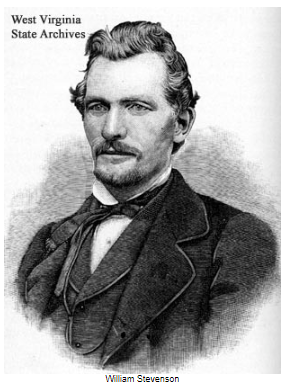
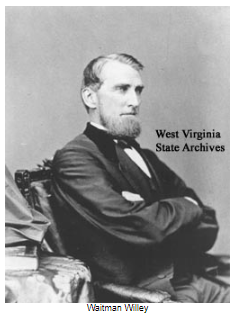
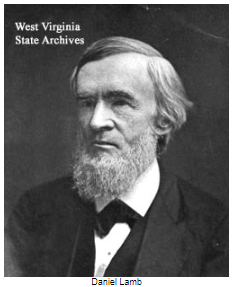
 RSS Feed
RSS Feed
